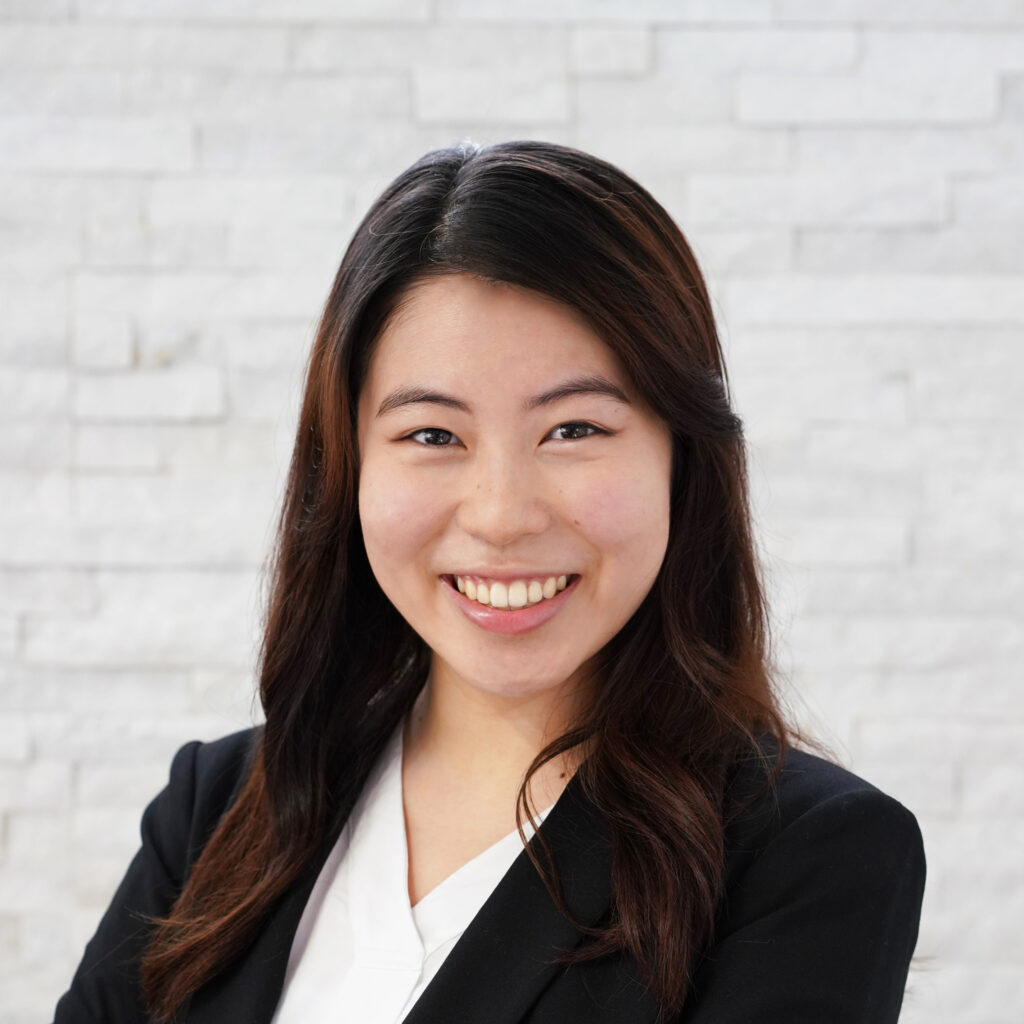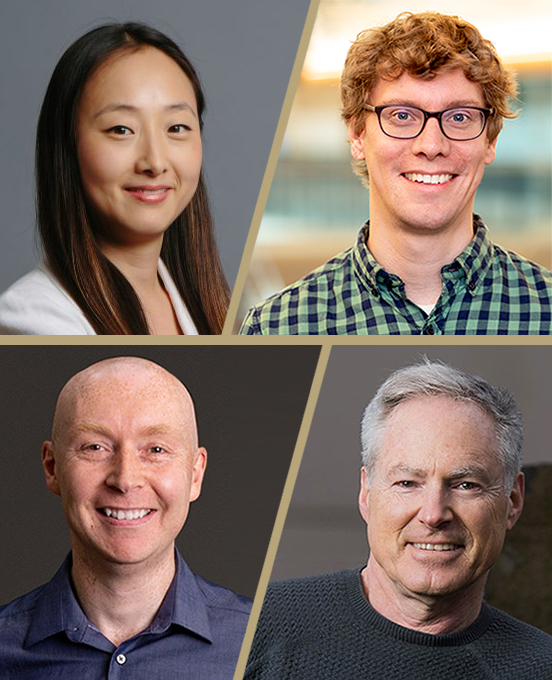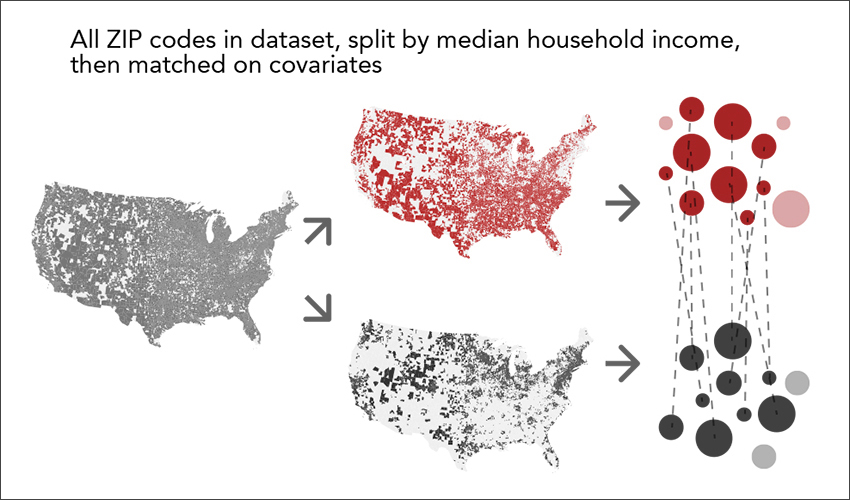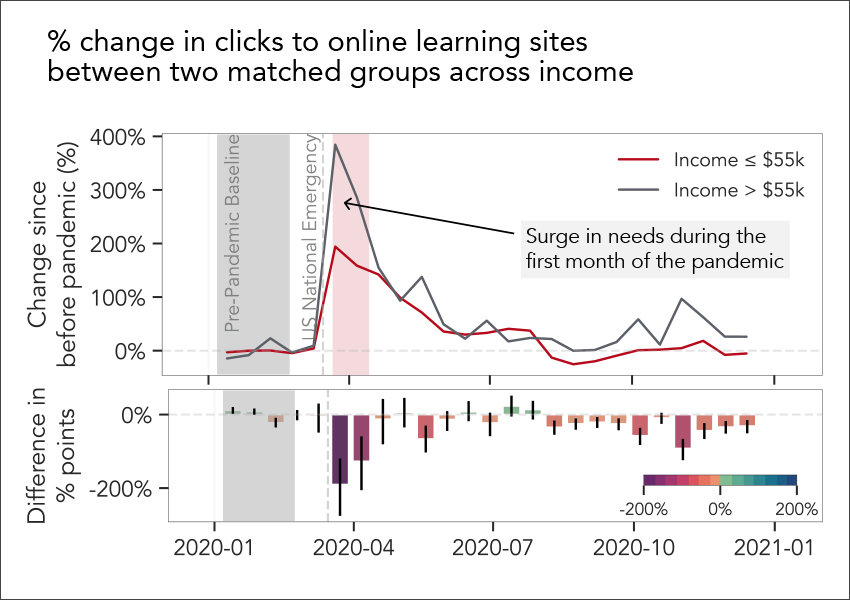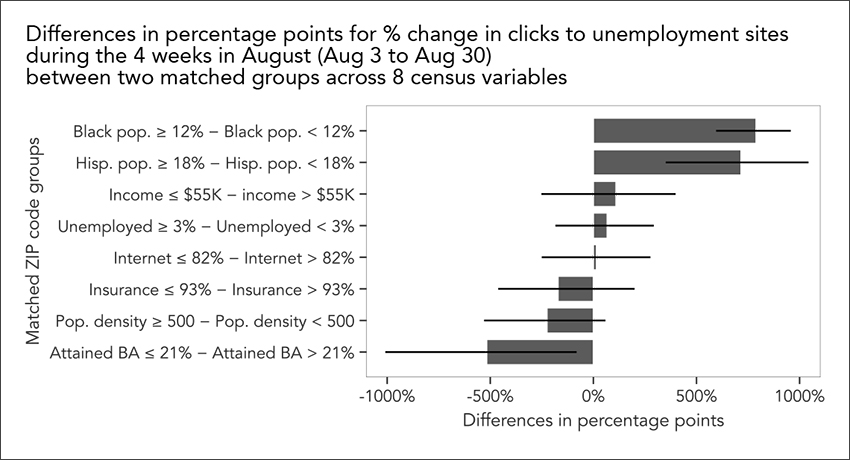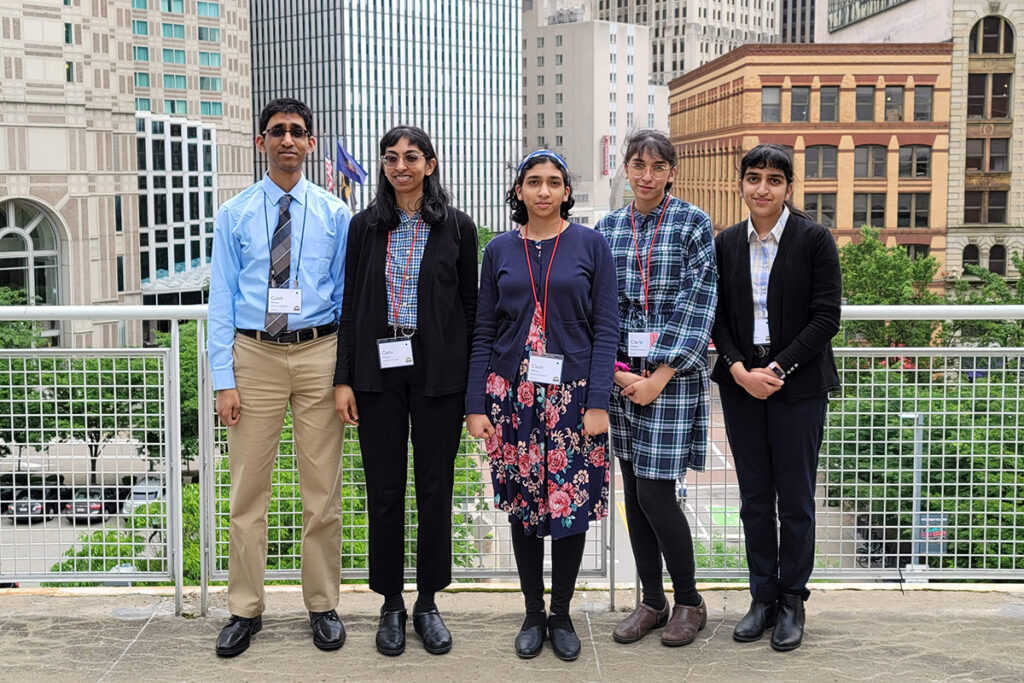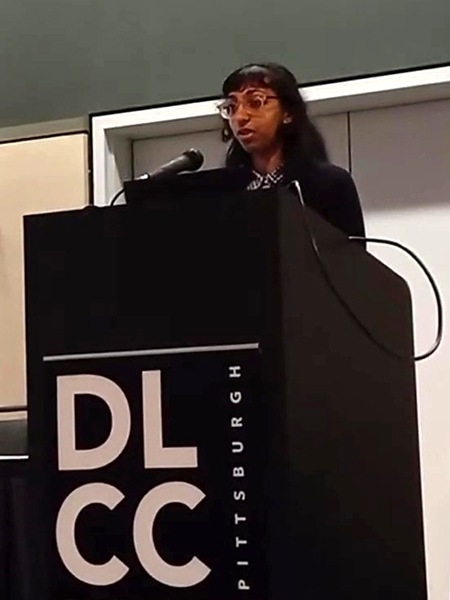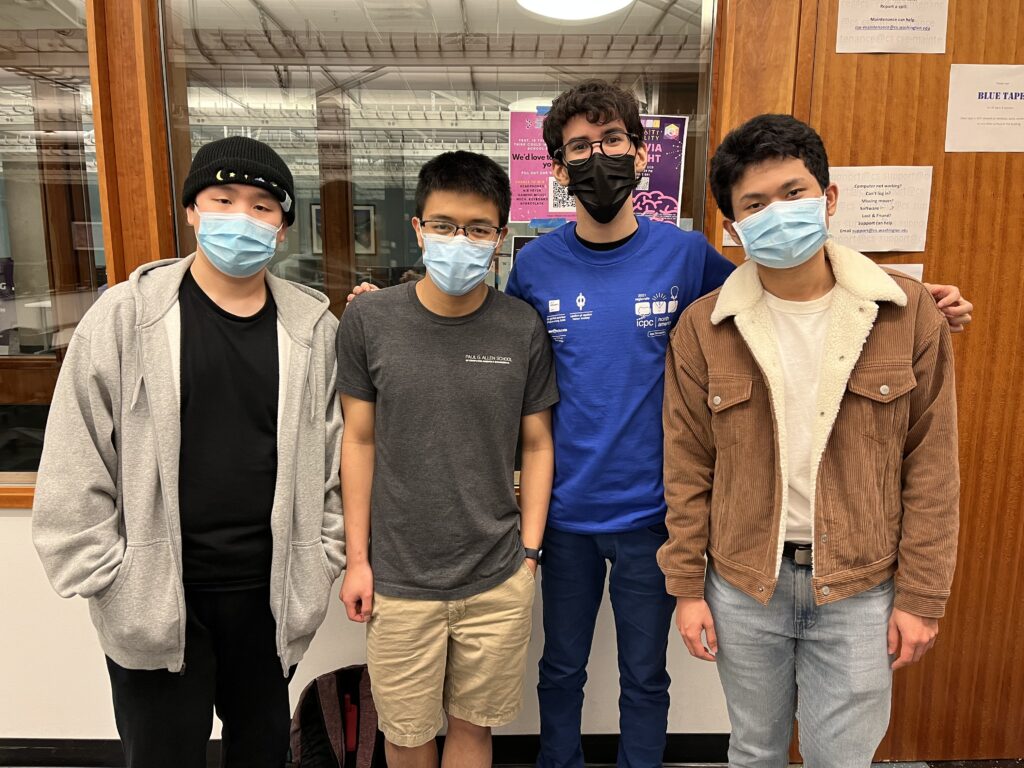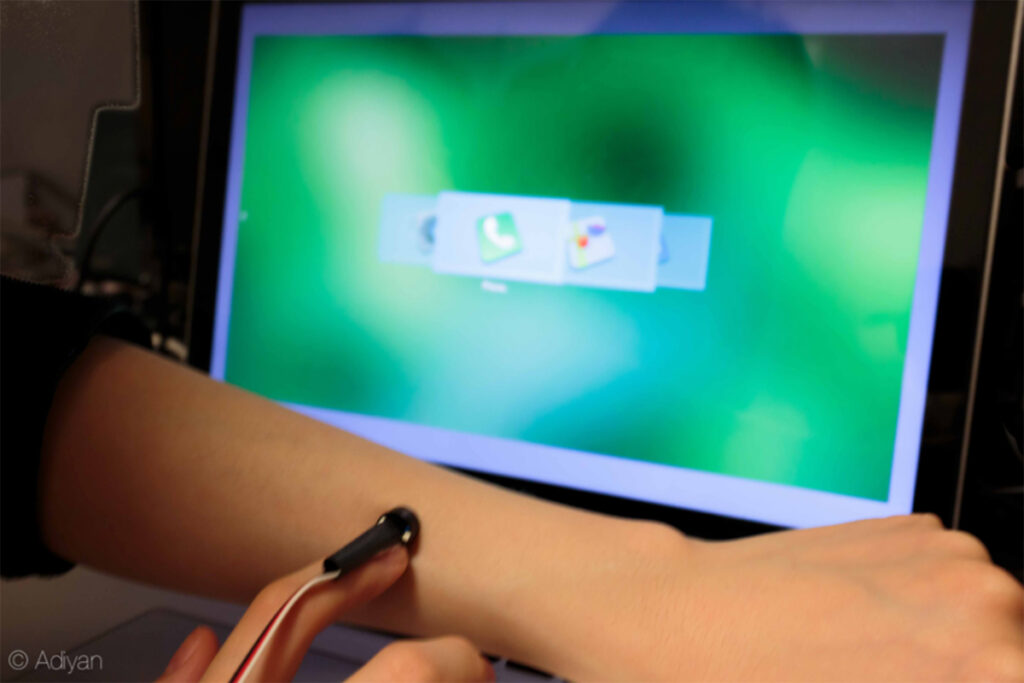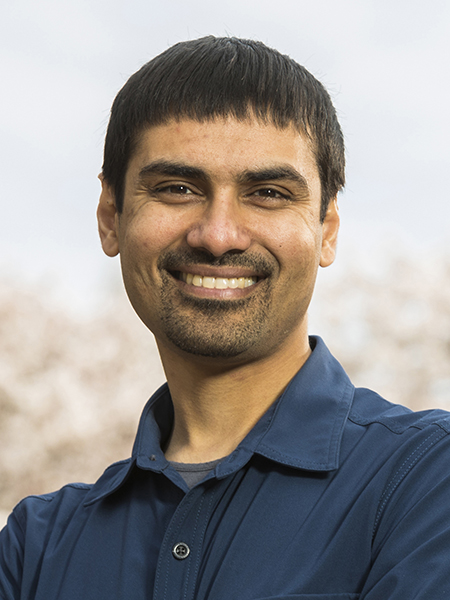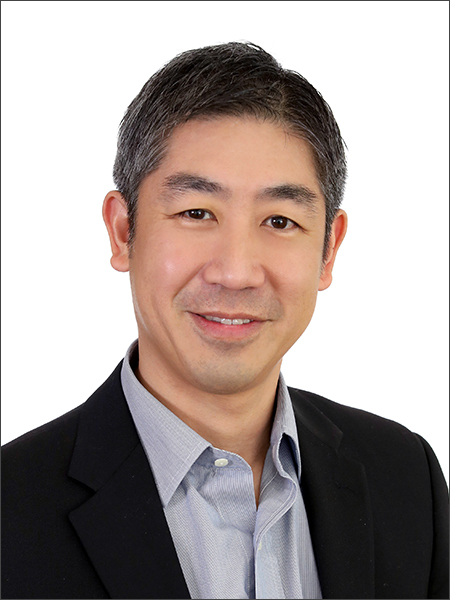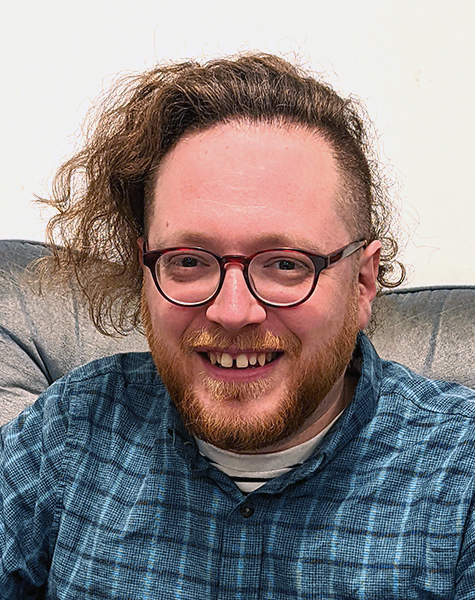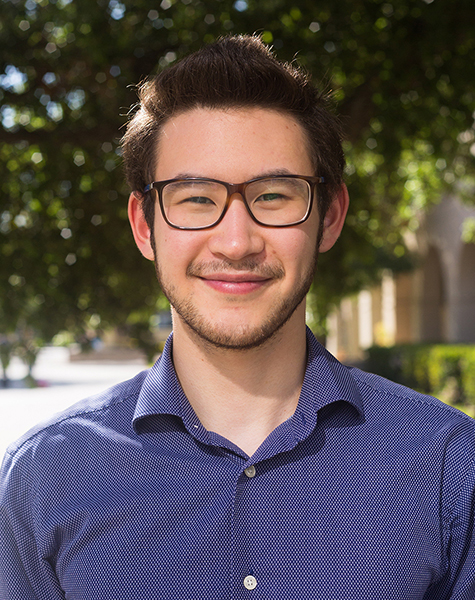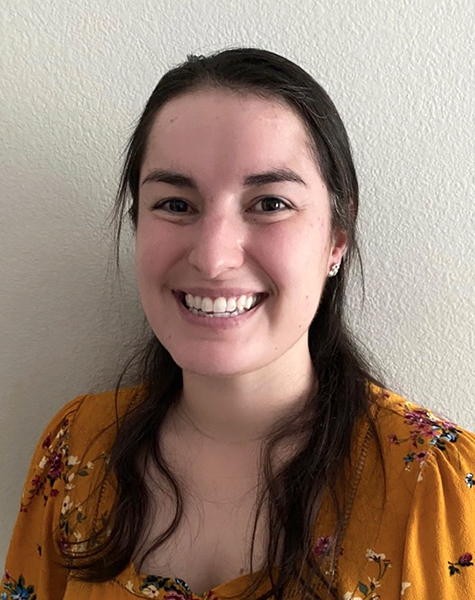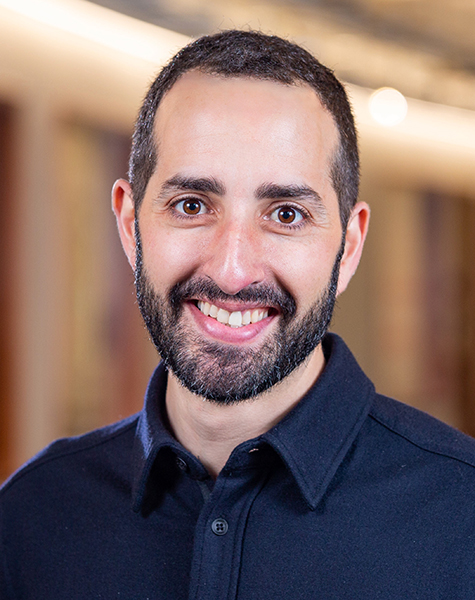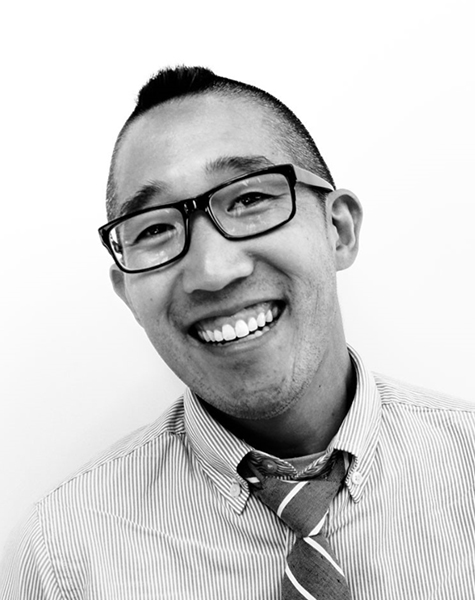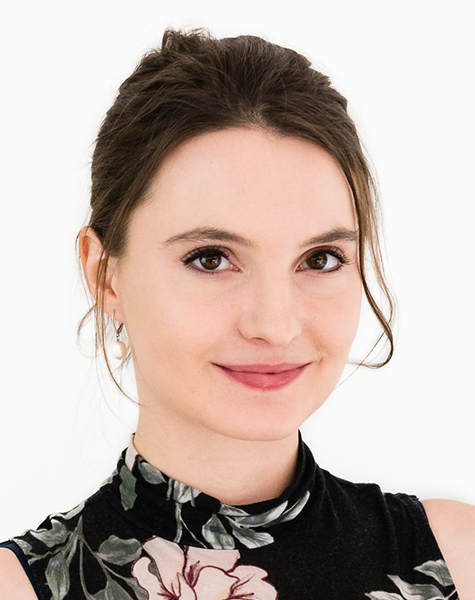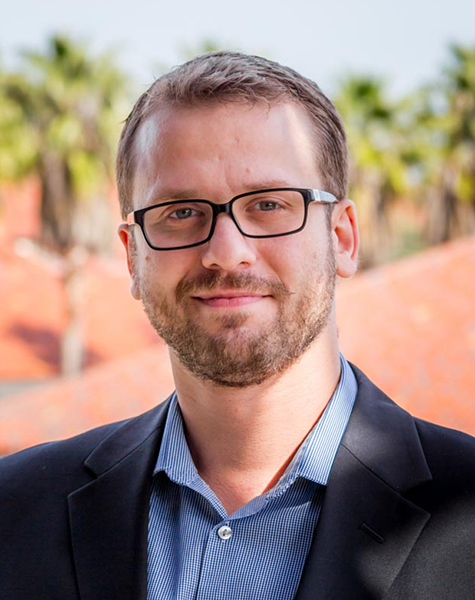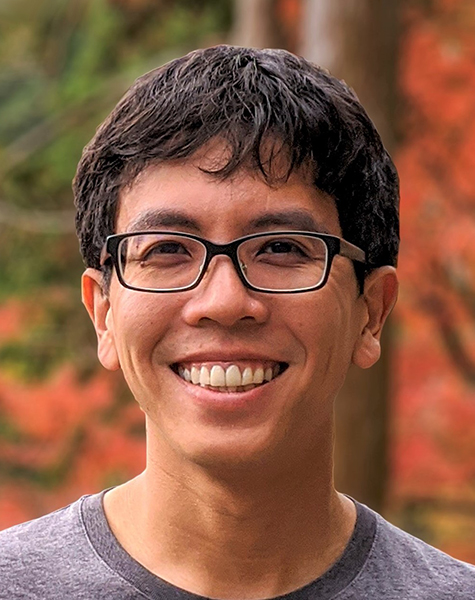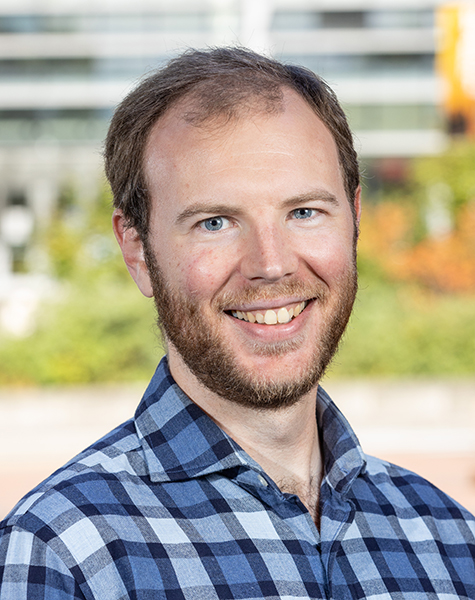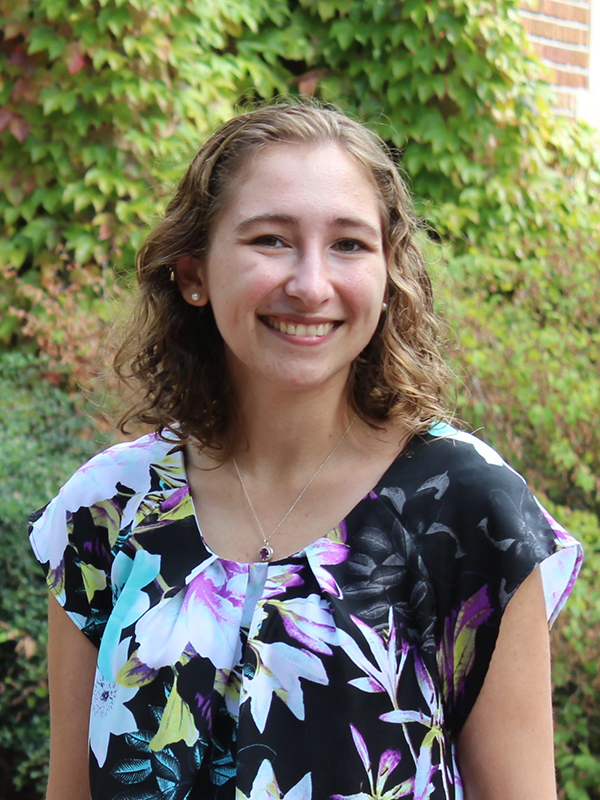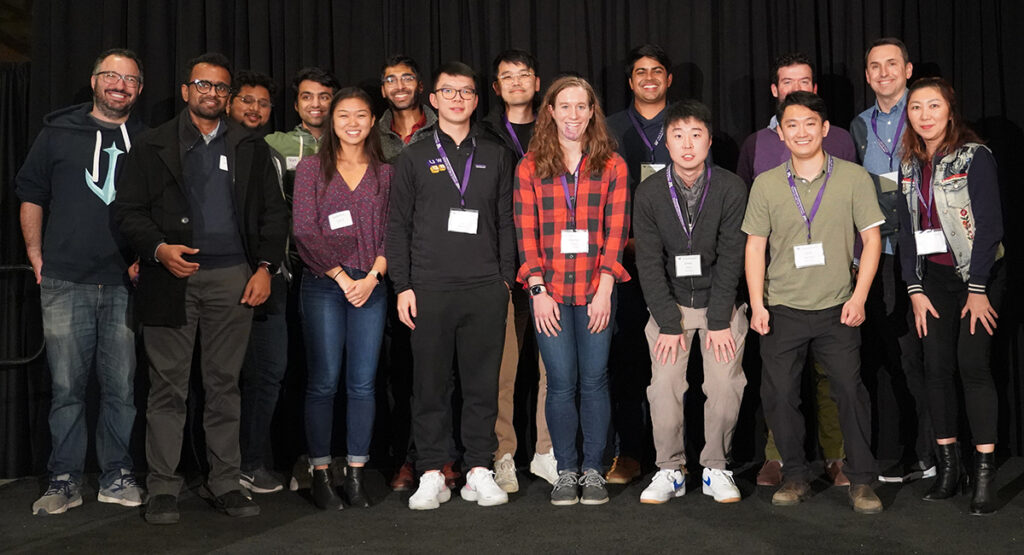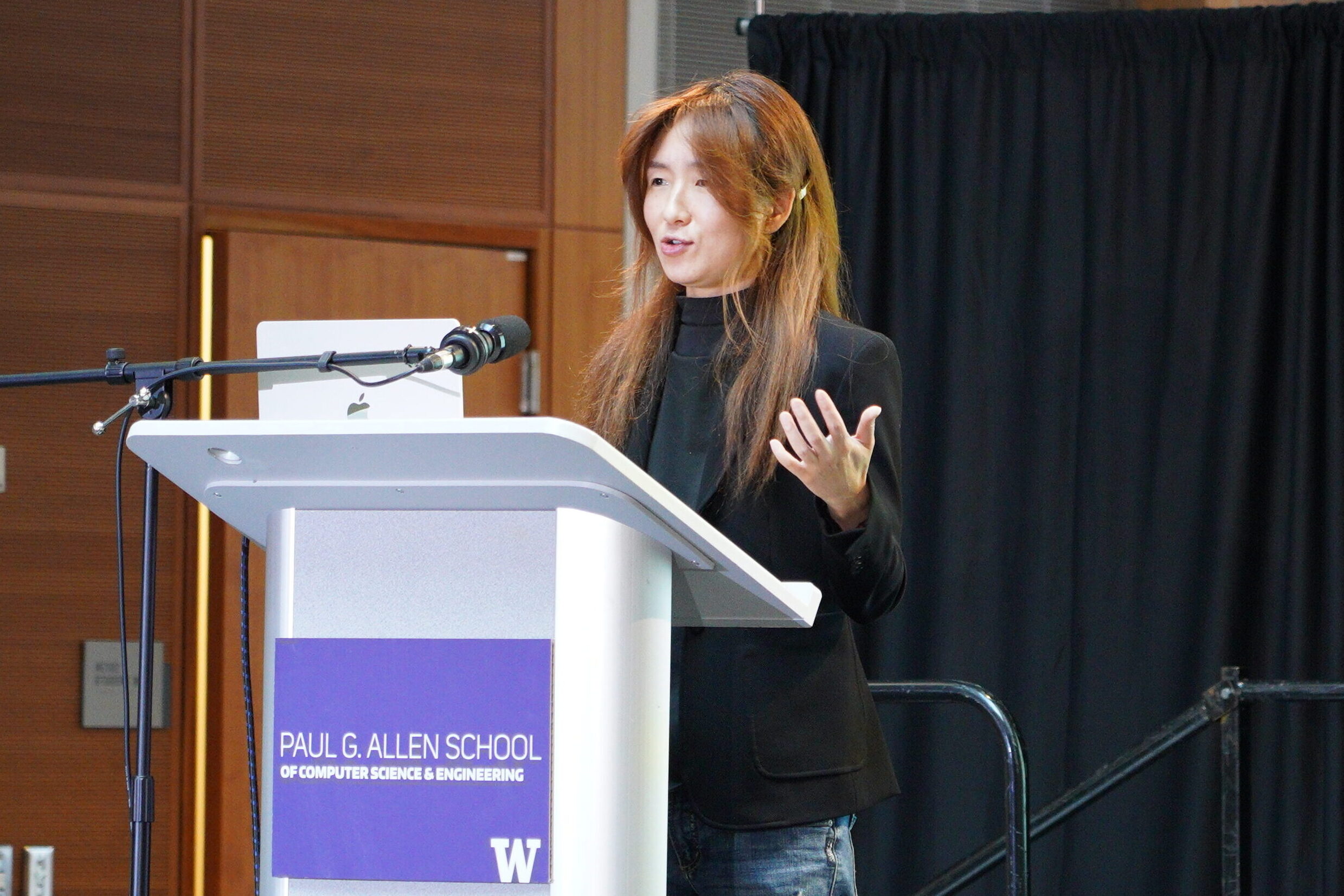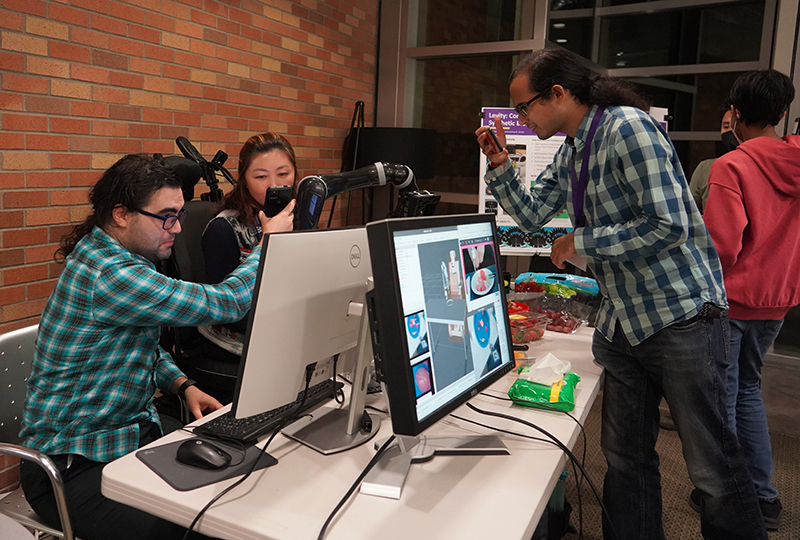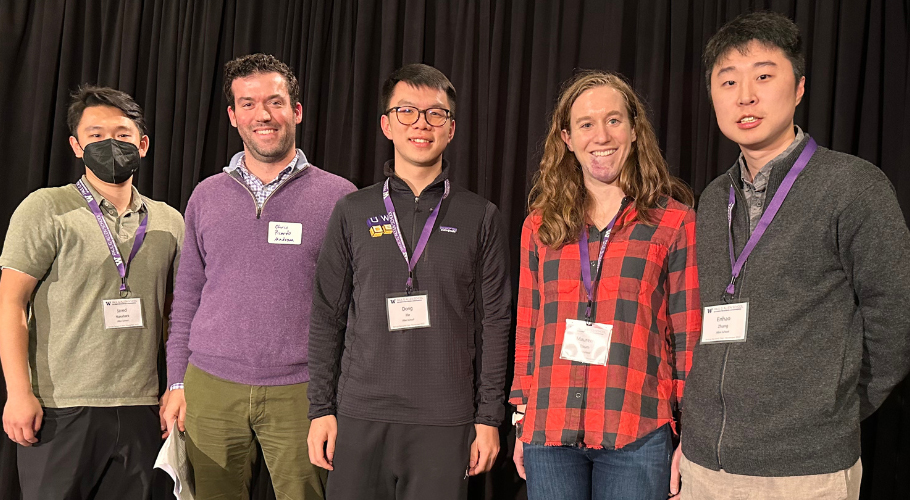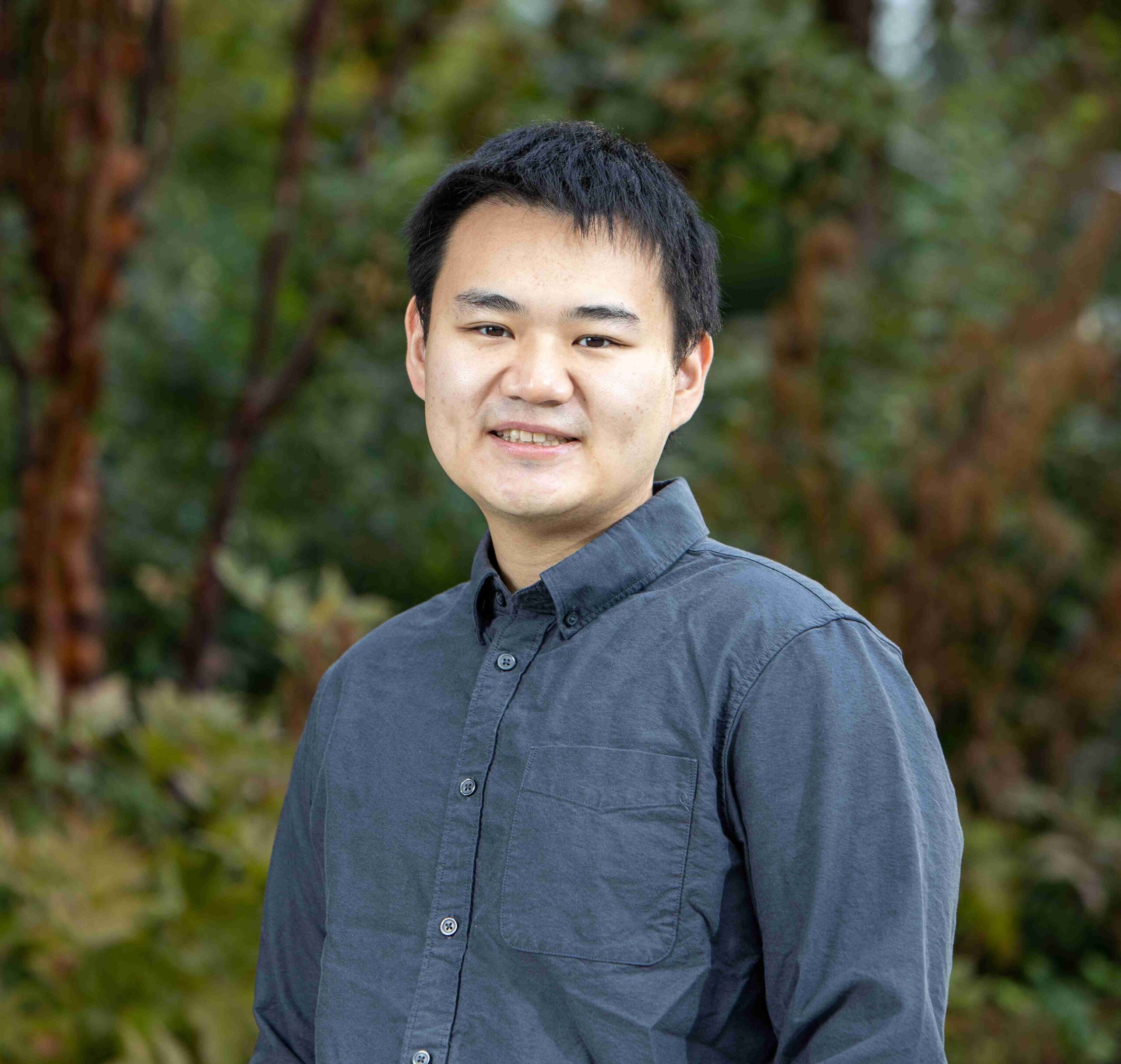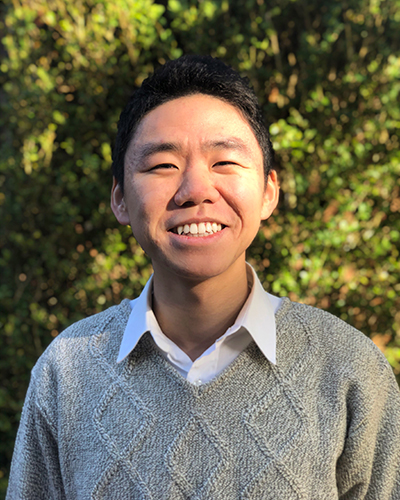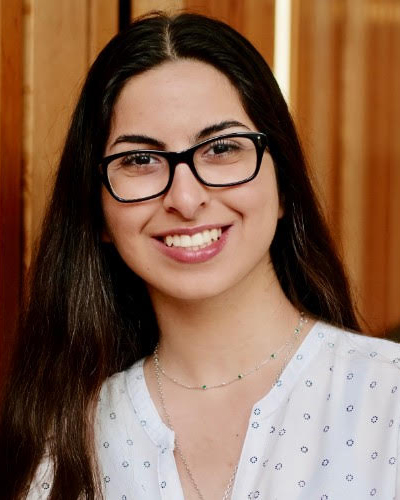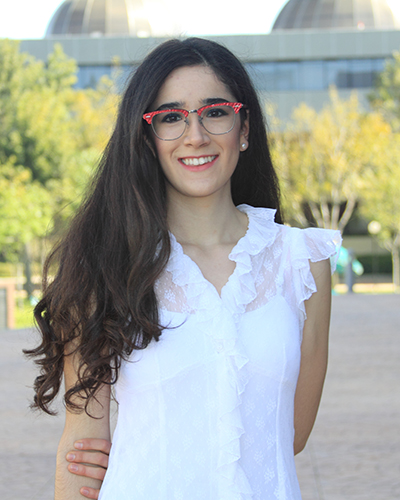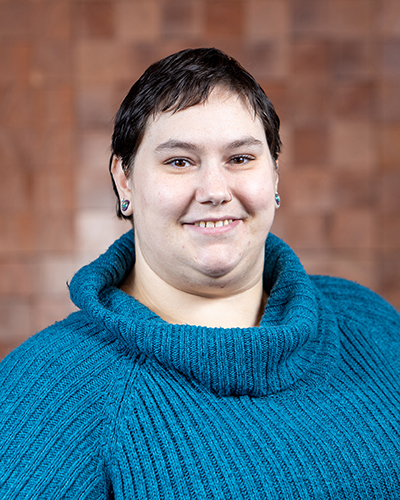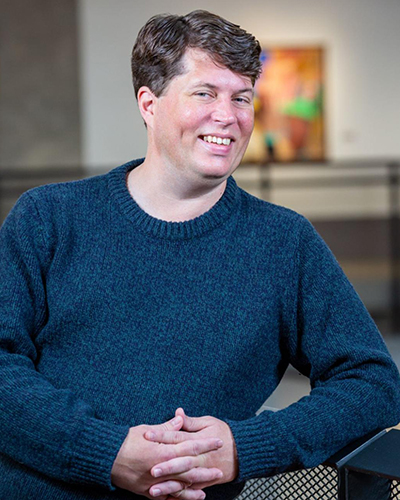For first-generation college students, navigating the complexities of higher education can be intimidating. Often there isn’t a blueprint from which to work. Yet for the more than 30% of undergraduates across the University of Washington who are first-generation students, it’s far from a solo journey.
In honor of the National First-Generation College Celebration taking place today, the Allen School is highlighting members of its community who are among the first in their families to pursue a college degree. Here are a few of their stories.
Responses have been edited for length and clarity.
Kent Zeng, undergraduate student
Kent Zeng, a senior studying computer science and minoring in math, serves as co-chair of GEN1, an organization for first-gen students in the Allen School. The life he’s living now contrasts sharply with the one his parents left behind when they immigrated to the U.S. from China. It’s a fact that spurs him, he says, to give back to his family and his community.
Allen School: Please describe why being a first-generation student is meaningful to you.
Kent Zeng: Being immigrants, my parents never really pursued their passions and mainly focused on providing for me and my sister in hopes that we could build a career that we found fulfilling. Being first-generation is meaningful to me because I am getting opportunities that my parents could only wish for. I honestly feel bad sometimes since I am getting all these experiences in college and my parents never did. However, I think the real point I should be focusing on is using these experiences to give back to my parents and to my community.
Allen School: How did you become involved with GEN1?
KZ: I initially got involved in GEN1 because I wanted to meet new people with a similar background as me. Now as an upperclassman my reason for staying involved in GEN1 is to support other first generation Allen School students academically and professionally. I’ve just started my role as co-chair, but the GEN1 team is kicking off the year strong. I recently led the Drive Your Career with Uber Technical Workshop where first-gen students learned from Uber recruiters and Uber technologists about how to best apply to technical roles and what day-to-day life at Uber is like. This year GEN1 is also hosting monthly community socials for our members to connect and we’ve got a lot planned for National First Gen Day!
Allen School: Can you speak to the future impact of being a first-generation student?
KZ: I think one of the main generational outcomes that comes from being a first-generation student is the fact that the trajectory of families can dramatically change for the better. For starters, while not always the case, having a college degree can allow students from low-income families to graduate and work in lucrative industries, fundamentally altering the way families live. Education also expands minds, and first-generation students are now often able to think in ways that previous generations could not even fathom. In addition, with education, first-generation students can then go on to raise the foundation on which future generations can continue to grow.
Allen School: What is your favorite part about being a student at the Allen School?
KZ: My favorite part of being a student in the Allen School is being connected with individuals who have similar motivations as I do and who challenge me to do better. Just hearing about all the cool things people in the Allen School community are doing inspires me to also do better and use my skills to help others.
Sonia Fereidooni, B.S./M.S. student
Sonia Fereidooni (B.S., ‘22) is a B.S./M.S. student studying computer science and one of the co-founders of GEN1. In June, she graduated with bachelor’s degrees in computer science and sociology. Now working on her master’s at the Allen School, she has served as a teaching assistant and was a lecturer for CSE 373: Data Structures and Algorithms this summer.
Her love of teaching comes naturally; Fereidooni hails from a family of teachers. Her mother taught mechanical engineering and her grandmother taught high school math in Iran. Being the first in her family to receive a degree in the U.S. is not something she takes lightly. “It amplifies a story that anyone can make it,” she says, “and the more we are vocal about being the first in our family to achieve a postsecondary degree in the U.S., the more other first-generation students are inspired to do the same.”
Allen School: What inspired you to pursue a university degree?
Sonia Fereidooni: What inspired me was witnessing a female Iranian mathematician’s journey when I was a child. I first learned about Dr. Maryam Mirzakhani when I was about 10 or 11 years old, through an email chain my mother sent me about inspiring Iranian women.
Throughout the next few years, the more I learned about Dr. Mirzakhani, the more I wanted to pursue the field of mathematics like her and one day become a research professor. In 2014, she became the first woman to win the Fields Medal, the highest honor in mathematics, which led me to think that nothing was impossible.
Allen School: What advice would you give first-generation students about to begin their college journey?
SF: I would advise that first-generation students understand that they are not like most of their peers entering the Allen School and this can be an empowering trait. Most first-generation students come into the Allen School already knowing how to build with intent and for the betterment of their larger community. Giving back to an underprivileged community is what many first-generation students have in mind and have as a goal when thinking about success at the Allen School. And there is strength in having that mindset as part of a large community of first-generation students, because we will always strive to support one another.
Allen School: What is your favorite part about being a student at the Allen School?
SF: I have seen the Allen School in many different lights, but my favorite part is how fluid the school can be with leveraging opportunities to students. Even though the Allen School may seem very structured and traditional since it is one of the largest, most prestigious and most established computer science programs in the world, it really is not bound to some set of rules and structure the way most university departments are. At times, you can just reach out to professors and advisers and have a chat as friends. Or there will be opportunities where you obtain a research position just by talking to a research professor in a 20-second elevator ride at the Allen Center. The school is large, but if you are able to leverage the network and opportunities, you will be successful.
Sofia Isadora Padilla Muñoz, PMP student
Sofia Isadora Padilla Muñoz is a student in the Allen School’s Professional Master’s Program. Hailing from Guadalajara and raised in San Julian, both cities in Mexico, she earned her bachelor’s degree in electronics engineering from the Tecnológico de Monterrey. She cherishes her education, she says, because she knows it’s not a given. “Being a first-generation student is meaningful to me because I broke the endless family cycle where women, like my mother, were not allowed to study,” she says. “I am very grateful for my parents because they made it possible that my sisters and I are empowered and independent women, where each one can decide about her life and own it to live a fulfilled one.”
Allen School: What inspired you to continue your education after earning your bachelor’s degree?
Sofia Isadora Padilla Muñoz: I wanted to explore other areas of computer science to see which one I would like to specialize in further. Also, I wanted to connect with other engineers and hear their histories. Before coming to the Allen School, I was working as a software developer at Microsoft.
Allen School: What initially sparked your interest in computer science, and why did you choose the Allen School in particular?
SPM: I decided to study electronic engineering and computer science because I thought that solving problems to improve the quality of life of people through engineering would add meaning and fullness to my life. So far, I think that it does. That is why I considered to keep studying and specializing in order to have a greater impact and responsibility in the new problems that society faces. I wanted an in-person program and, in verifying the rankings and academic consultants, the UW was the best option for me. It has all that I require to keep studying and working at the same time.
Allen School: What advice would you give first-generation students about to begin their college journey?
SPM: I would recommend to first-generation students to go to psychological counseling because we need help processing the changes and understanding them as a difficult challenge and not as a threat. Additionally, I would recommend they learn the best they can instead of being the best. In the end, what you learn is what you will remember. I have reached a point in my life where I no longer remember all the awards and prizes I have received because they simply do not define me. Knowledge and emotional stability give you security; prizes and awards do not. Finally, I would also add to have fun and enjoy the journey of college life and life itself: make friends, feel love, laugh loud, cry as needed, run, rest and eat. We only have one body and one mind and we need to take care of it.
Elle Brown, staff
In the days of dial-up, Elle Brown, a graduate advising program coordinator in the Allen School, remembers learning how to program, reinstalling Windows, tinkering with that heavy box, their portal to another world. It was not expected that they go to college, Brown says, but they had a passion for knowledge and a perseverance that allowed them to earn their bachelor’s degree after dropping out of high school. Now at the Allen School, Brown is helping others navigate their respective academic journeys.
Allen School: Please describe why being a first-generation student is meaningful to you.
Elle Brown: Being a first generation student is not only part of my history but part of my ancestors’ as well. My father did not graduate from high school. The story he told was that he was standing in the graduation line to walk in the ceremony when the administration pulled him out and said he was missing one credit. This infuriated him, so he walked out and never went back. Shortly after, he joined the army. My mom was a bride at 14. Her first husband, not my father, was 30 years her senior. She wouldn’t meet my father until she was 22. Needless to say, she also did not graduate high school.
Allen School: What are some challenges you experienced?
EB: I dropped out of high school when I was 16 due to a number of factors, including chronic depression and anxiety. I was living with my paternal grandmother at the time, and she was still overcome with grief over my grandfather’s death five years prior. I was too much for her to deal with, and it was easier to let me drop out of school than to fight me every day, according to her. I managed to get a job at McDonald’s making $6.10 an hour, in hopes of moving out on my own and to stop being a burden on my grandmother. Though I lived in a rural area where the cost of living was considerably less than Seattle, I was still not able to make ends meet. I earned my GED in 2001, and I tried to figure out how to pursue college. I wasn’t sure how else to get on my own feet. I opted to apply to DeVry University in the school’s information technology subfields. A recruiter even came out to my grandma’s house to talk to us about enrolling.
Allen School: You overcame many obstacles on your way to graduating with your bachelor’s degree from UW. Can you talk a bit more about your journey from Georgia to earning your degree in Washington?
EB: As a high school dropout and GED recipient, it was difficult to find colleges in my area that would accept my application. DeVry, though, seemed more than happy to take me on. My grandma and I didn’t understand the for-profit aspect of DeVry, and I know now that getting into that program was not about qualifying as much as it was about my being able to pay. My family was not able to provide any financial support. They never told me I would go to college, or that I needed to work hard to get there. It was simply not a possibility. The only people who talked about college were in books, those in TV or movies and at the occasional presentation at public school. There were student loans, though, and I could be declared independent since I didn’t have parents in my life. I would take on the loan debt. At the time there was a program called the HOPE Scholarship in Georgia that began in 1993. It was funded by the state lottery and promised money to students who showed academic excellence. Unfortunately, as a GED-recipient I only qualified for a tiny stipend.
I did not graduate from DeVry, and in fact I didn’t make it through a whole quarter. It was a rather dark time. In 2003, I met someone online and he asked me to move to Oregon to live with him. It was after I arrived there that I applied to Portland Community College and tried again to earn a degree. I did end up graduating from PCC in 2013 with an associate’s degree in general studies. I applied to UW in 2016 to earn a bachelor’s degree. I almost didn’t make it through my bachelor’s, and if it wasn’t for my adviser I would have dropped out my final quarter.
Allen School: What experiences led you to a position with the Allen School?
EB: My academic adviser was helping me search for job opportunities. I had the pleasure of interning with her during the last quarter of my degree in 2019. She found the program coordinator job with the Allen School and encouraged me to apply. I met with Elise, Garrette, who was the program coordinator before me, Les, Jen Hiigli and an outside staff member. They liked me and here I am!
Joe Eckert, staff
Joe Eckert, the Ph.D. program manager in the Allen School, spent about eight years waiting for the federal government to acknowledge his financial independence while he attended community college as a part-time student. Once he was able to take loans out under his name, he finished his undergraduate work at Humboldt State University, now Cal Poly Humboldt.
He continued his education at UW, pursuing a doctorate in geography. His experience as a graduate student eventually led him to academic advising. “After spending so much time and energy to uncover the ‘hidden curriculum’ for myself, I decided to continue teaching it to others as a staff adviser,” he says, noting his shift from student to staff. “I had to muck through this journey on my own and I’m excited to be able to help others avoid that.”
Allen School: What inspired you to pursue higher education?
Joe Eckert: Telemarketing is not a “forever” job, no matter how good you are at it.
Allen School: What led you to a position with the Allen School?
JE: While I was supposed to be writing a dissertation, I picked up a graduate assistantship working as an academic adviser to geography undergraduates. I quickly learned that I liked advising far more than writing dissertations and took a year away from the program to take a temporary advising job at the Undergraduate Academic Affairs advising office, working primarily with non-majors who wanted to pursue tech careers. When the position concluded, I took on a role at the iSchool advising future librarians in their master’s program. In the middle of the pandemic, this job became available and I applied as quickly as I could!
Allen School: What is your favorite part about being a member of the Allen School?
JE: I enjoy helping students learn that “hidden curriculum” that was invisible to me when I started both undergrad and graduate work. I’m privileged to work in a position that allows me to challenge “that’s just the way it’s always been” at both an interpersonal as well as a structural level. Working with folks who are discovering this academic way of being is the best.
Allen School: What advice would you give first-generation students about to begin their college journey?
JE: Talk to someone. Find someone in your life who has been to college. It may not be your parents and it may not be anyone in your extended family. But you don’t have to navigate applications and career-planning alone – even if you’re used to having to figure stuff out independently. Also college advisers are nothing like high school counselors. You should ask your adviser things!
Learn more about UW’s first-generation celebration here. Read more →


